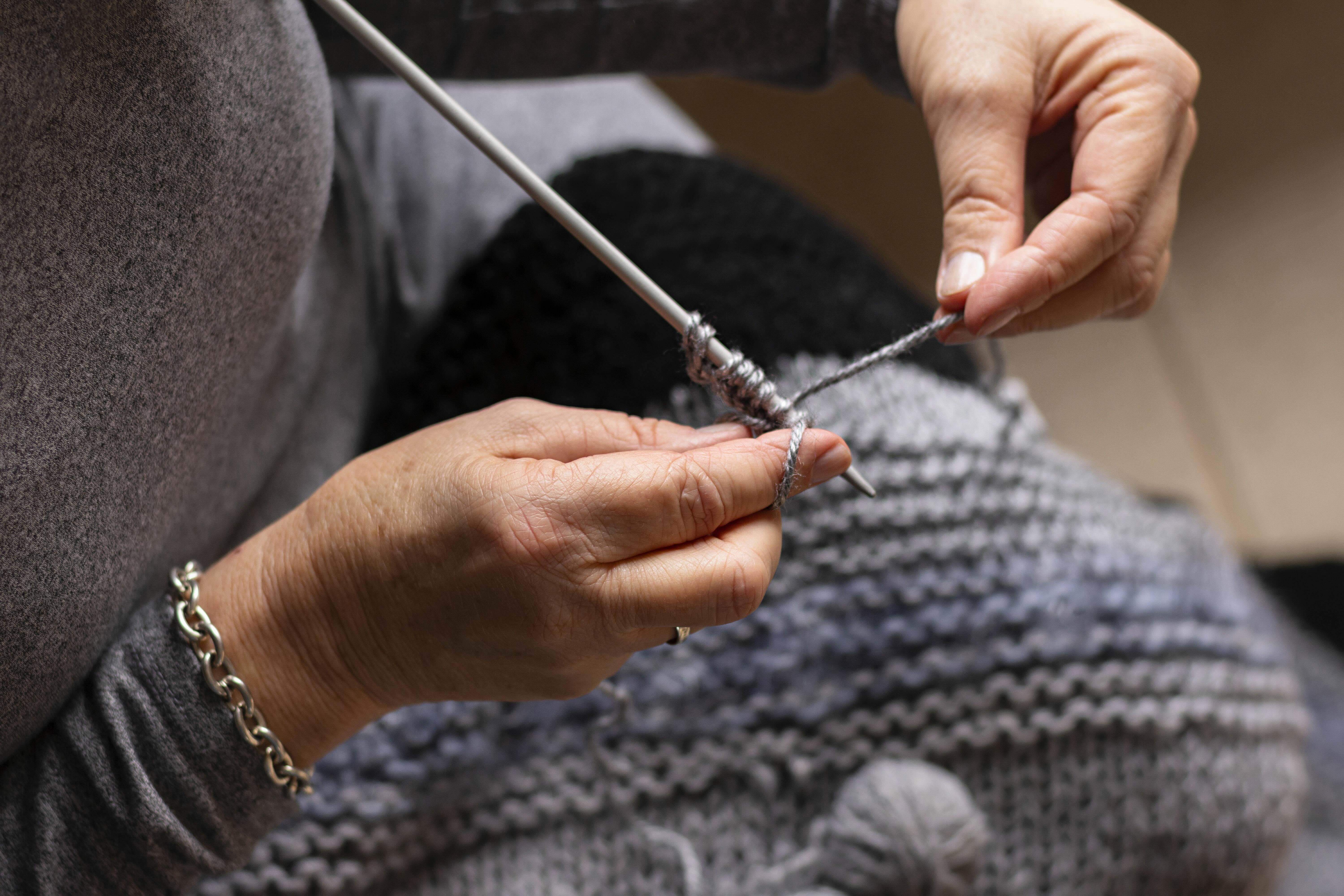Care Blog
How Can I Help When My Loved One Has Suffered a Traumatic Brain Injury?

Meeting the care needs of a loved one who has suffered from a traumatic brain injury can be easier to manage when armed with knowledge and insight. The methods below, courtesy of the Klamath Falls home care experts, available locally and in surrounding areas, at All Care, can lessen stress and frustration for both family caregivers and traumatic brain injury survivors.
- Healing Will Take Time: Recovery for someone with a brain injury oftentimes takes years. Despite the fact that the person may seem to be recuperated on the outside, some days will probably be better than others, and pushing the person too hard can contribute to setbacks. Be patient and stay away from negativity.
- Assess Things from a New Outlook: Try to put yourself in the shoes of the individual with the brain injury, and observe situations through his or her eyes and abilities.
- Develop Structure: A structured day is frequently crucial to recovery because it can help the person re-train the brain and determine what to expect during the day.
- Patience Is Vital: Empower the person to complete tasks at his or her own pace to help rebuild independence. Extend patience in listening, enabling the person to finish speaking without interrupting, even if it requires time to find the words. This helps the person relearn language skills.
- It’s Ok to Provide Assistance, But Avoid Doing: If the individual seems to be getting “stuck” in an activity or is repeating actions, he or she may only need a little help processing information. Refrain from taking over the task, but instead suggest straightforward tips. Sometimes, people with brain injuries will need to accomplish a task in a very specific order as they retrain their brains.
- Allow Plenty of Chances for Rest: A person with a brain injury needs more rest than normal. It is not attributable to laziness. It is draining for the person to process and sort out thoughts, especially when tired.
- Stay Alert During Social Scenarios: Crowds or parties can be stressful with too many conversations and loud noises transpiring. Bear in mind that it may be too much to process and the person may benefit from a break.
- Never Treat the Person like a Child: Make sure to never talk down to the person. Even though you may be striving to be of help, it can seem belittling.
- Managing Challenging Behaviors: It’s important to figure out what caused a behavior. Was the person fatigued? Did too much noise result in anxiety? Was a particular routine changed? If possible, steer clear of those triggers to help avoid the challenging behaviors.
- Be Sensitive to Powerful Emotions: Understand that the individual may become more annoyed or irritated, or might be more sensitive than before the brain injury. Remember that many things which used to be second nature now warrant a great deal of work to accomplish.
- Offer Hope and Motivation: Celebrate each accomplishment. Every moment of growth, however small, is a victory. New discoveries and stories of healing are occurring every day. No one person’s recovery is like another.
- Find Support: You should never be your loved one’s sole support team. The person will reap benefits from a variety of specialists and online or local support groups. And, as a family caregiver, it’s crucial that you realize how stressful life can be and to seek support services for yourself as well.
All Care can provide specialized care for those who’ve experienced a traumatic brain injury. Contact us at (541) 857-9195 for trusted senior services in Klamath Falls and surrounding areas.
Share:
Call Us Today
Call us today to schedule a free in-home care assessment so we can help you understand how you or a loved one can have a safe and happy life at home.

Take the Quiz
Let us know what kind of help you might need, and we’ll be back in touch to customize a plan for you.
Take the Quiz
